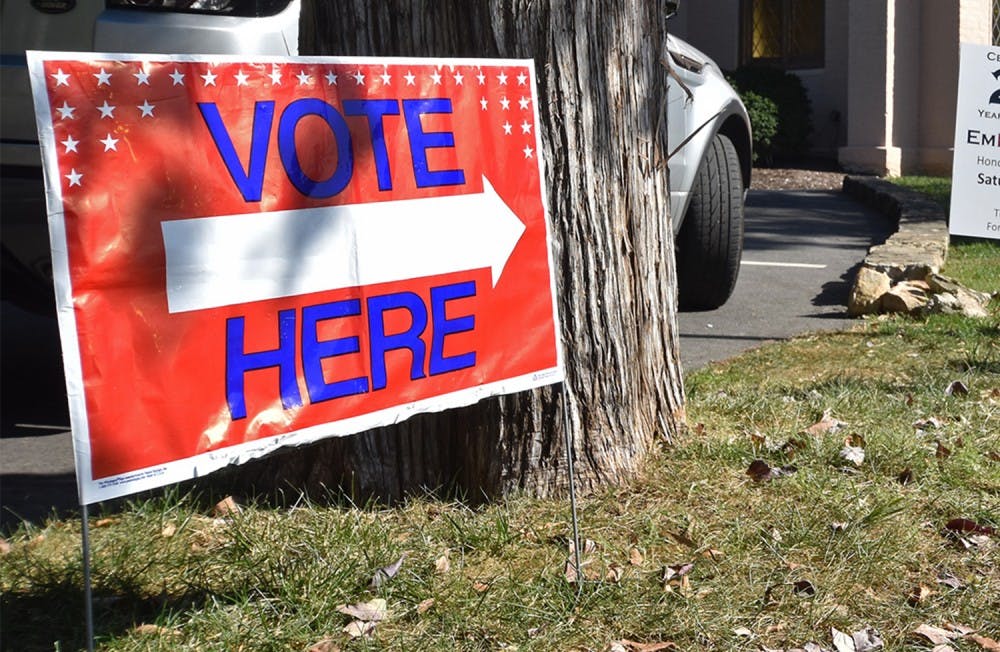As voting registration comes to an end, voters across the state are bracing for the upcoming midterms, which could cause a significant political shift in the composition of the N.C. General Assembly.
Republicans currently hold a supermajority in both houses, and as a result, the past two years have been marked by the legislature overriding a high number of Gov. Roy Cooper’s vetoes.
Cooper, a Democrat, has had difficulty implementing policies on topics such as environmental protection, education and voting laws due to this ideological divide, said Rob Schofield, the director of NC Policy Watch.
The midterms, however, could put an end to that.
Schofield said the polarization surrounding President Donald Trump has energized and mobilized Democrats, progressives and left-leaning independents. He said it's probable that Democrats will break the supermajority.
“The Democrats have marshaled candidates in every district, which is not something that they have done in the past,” he said.
Rick Henderson, editor-in-chief of "Carolina Journal," a John Locke Foundation publication, said he expects changes, but there is a lot of uncertainty surrounding the results.
“I think it’s relatively likely that the Republicans will have a much smaller majority in the House,” he said.
Henderson said between 15 and 18 seats in the House either have no incumbent seeking reelection or are considered competitive. The Senate, where Republicans have 20 more seats than Democrats, is less contentious. If Republicans lose just three of their 74 House seats, however, they will lose their supermajority and veto power.




